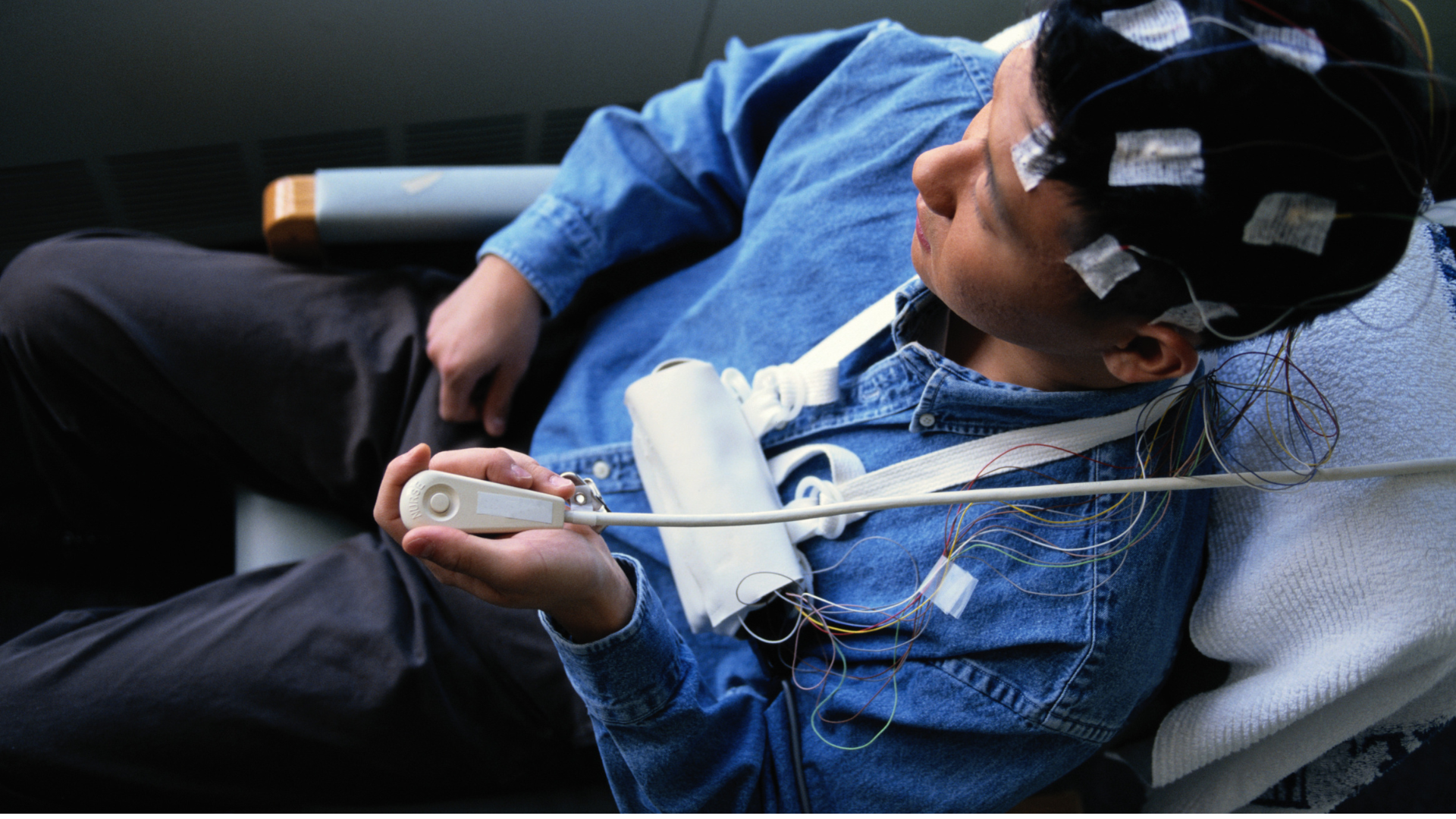Introduction:
Epilepsy management extends beyond medication, with lifestyle factors playing a significant role in seizure control. This article explores the impact of diet and sleep on epilepsy, highlighting the connection between lifestyle choices and the frequency of seizures.
The Influence of Diet on Epilepsy:
Dietary choices can have a profound impact on seizure frequency and intensity. This section delves into the ketogenic diet, a high-fat, low-carbohydrate diet that has shown effectiveness in reducing seizures, especially in children with epilepsy. The article will also explore other dietary approaches, such as the modified Atkins diet and the low glycemic index treatment, shedding light on their mechanisms and potential benefits.
Nutritional Considerations for Individuals with Epilepsy:
Beyond specific diets, nutritional considerations are crucial for individuals with epilepsy. This part of the article will discuss the role of vitamins, minerals, and micronutrients in supporting overall health and potentially influencing seizure management. Practical tips for maintaining a balanced diet while considering potential interactions with antiepileptic medications will also be addressed.
Sleep and Seizures:
Adequate and quality sleep is essential for overall well-being, and disruptions in sleep patterns can trigger seizures in individuals with epilepsy. This section explores the intricate relationship between sleep and epilepsy, discussing the importance of establishing consistent sleep routines, addressing sleep disorders, and identifying potential triggers to enhance seizure control.
The Impact of Lifestyle Modifications:
Beyond diet and sleep, lifestyle modifications can contribute significantly to seizure management. This part of the article will explore the role of stress reduction techniques, regular exercise, and maintaining a healthy weight in promoting overall well-being and potentially reducing seizure frequency. Case studies or testimonials may be included to illustrate the positive impact of lifestyle modifications.
Challenges in Implementing Lifestyle Changes:
While lifestyle modifications can be beneficial, implementing and sustaining these changes may pose challenges for individuals with epilepsy. The article will address common obstacles, such as dietary restrictions, lifestyle adjustments, and the need for ongoing support from healthcare professionals, family, and friends.
Holistic Approaches to Epilepsy Care:
Holistic approaches to epilepsy care involve integrating lifestyle factors into the overall treatment plan. This section will discuss how healthcare providers can collaborate with individuals with epilepsy to create personalized strategies that encompass medication management, dietary considerations, sleep hygiene, and lifestyle modifications.
Educational Resources and Support:
Empowering individuals with epilepsy with the knowledge and resources to make informed lifestyle choices is essential. The article will highlight educational resources, support groups, and online communities that offer guidance and encouragement for individuals seeking to implement positive lifestyle changes to manage their epilepsy.
Conclusion:
Recognizing the impact of diet and sleep on seizure control provides individuals with epilepsy and their healthcare teams additional tools for managing the condition. By embracing a holistic approach that considers lifestyle factors alongside medical interventions, individuals with epilepsy can enhance their overall quality of life and potentially achieve better seizure control.
